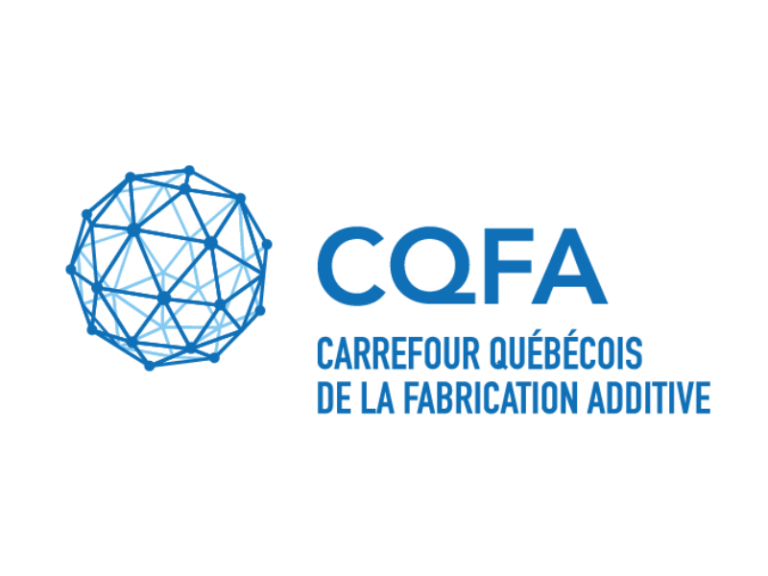
2023/05/08
Thermo-Viscoelastic Multiscale Homogenization of Additively Manufactured Short Fiber Reinforced Polymers from Direct Microstructure Characterization
Sosa-Rey, F.; Lingua, A.; Piccirelli, N.; Therriault, D.; Levesque, M. (2023). Thermo-Viscoelastic Multiscale Homogenization of Additively Manufactured Short Fiber Reinforced Polymers from Direct Microstructure Characterization. Preprint.
Short fiber reinforced polymers (SFRPs) processed by Fused Filament Fabrication (FFF) show great promise for applications requiring high weight-specific mechanical properties, such as aerospace. However, the unique morphology created by the printing process and the relationship between processing parameters and part behavior is not sufficiently well understood, making structural analysis a largely empirical task. The limited ability to predict the effective viscoelastic properties and their thermal dependence is a problem from a mechanical design standpoint and is an obstacle to the widespread adoption of SFRPs made by FFF. In this work, those properties are evaluated using high-resolution imaging of physical samples, enabling the accurate prediction of time-dependent stress-strain relations across different temperatures. Multiscale homogenization is performed considering individual components (fibers, pores, matrix) at the microscale, and the regular pattern created by the printing process at the mesoscale. The efficiency of the Fast Fourier Transform (FFT) based homogenization procedure is leveraged to allow for large Representative Volume Element (RVE) sizes, which are required due to the complexity of real microstructures. The predicted thermo-viscoelastic behavior is validated against creep-recovery data of specimens printed from 30 wt.% short carbon fiber reinforced poly-ether-ether ketone (PEEK), and the experimental data can be predicted within 3% mean relative error for axial loading, both at 21° and 120°C. Imaging data and pre-processed RVEs as well as original source code are made publicly available.